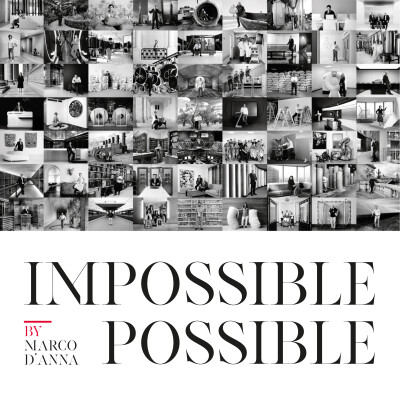Description
What drives a person to defy family expectations and follow their passion? In the latest episode of Impossible • Possible, we dive deep into the inspiring journey of Jim Farley, CEO of Ford Motor Company. “You have to take risks to find your true calling,” he shares, reflecting on his early love for cars and the pivotal moments that shaped his career in the automotive industry. From flipping vehicles as a teenager to facing resistance when he chose to work for Toyota, Jim Farley’s story is a testament to the power of passion and determination. He discusses the emotional challenges of leadership, the importance of risk-taking, and how following your dreams can lead to extraordinary success. Join us as we explore the complexities of personal fulfillment and the drive to innovate within a storied company like Ford. Tune in for insights that could inspire your own journey!
About the podcast Impossible • Possible
For its 160th anniversary, Societe Generale wanted to celebrate the relationship of trust with its clients and partners, without whom nothing would have been possible. Thus, was born the Impossible • Possible art project. Marco D'Anna, a photographer, produced a series of 75 portraits of these men and women on behalf of the Group: entrepreneurs, doctors, financiers, families, volunteers, musicians, industrialists... We decided to go beyond the images... Discover these human stories, where the impossible becomes possible, these authentic testimonials where the protagonists reveal their paths, their visions, their passions.
Hosted on Ausha. See ausha.co/privacy-policy for more information.




